by Wanda Niemann-Marshall, Power Market Compliance Services Specialist
In February of 2022 NERC released their 2021 annual report. One area of particular interest to our industry found in the report is the “Reliability Guideline – Natural Gas and Electrical Operational Coordination Considerations”.
In the energy industry we have all been challenged with the difference of timing between the “gas day” and “electric day”. Many times, units are bid into the markets prior to knowing the actual cost and availability of natural gas. Even when processes are perfectly aligned there are events that can impact our decision, such as Operation Flow Orders (OFO)’s on pipelines, fuel costs, transportation issues, and many other situations that could impact our ability operate reliably.
The Natural Gas and Electrical Operation Coordination Considerations Reliability Guideline will help to address some of the challenges the industry faces.
- Communication Protocols should be in place to coordinate the sharing of information within the regulatory framework of regulatory compliance.
- Coordination of Procurement Timelines Electric Entitles possibility of changing next day operating plan scheduling practices to align more efficiently with natural gas day procurement cycles.
- Identification of Critical Natural Gas System Components and Dual-fuel Supplier Components.
- Coordinating Procurement Timelines, possibility changing operating plan scheduling practices
This Guideline also discusses Preparation, Supply Rights, Training and Testing elements which include conducting assessments, Generating Testing, Capacity and Energy Assessments, Seasonal Readiness Reviews and Extreme Event Readiness Reviews. All of this is time consuming, however Many Facilities have several of these processes already in place. These elements would make up your “plan” to address and identify risk and mitigation of that risk by being proactive.
Additionally, the Guideline gives very well considered steps to establish and maintain open communications with stakeholders in the process up to and including industry experts. It encourages entities to discuss risks and to communicate prior to an emergency event.

